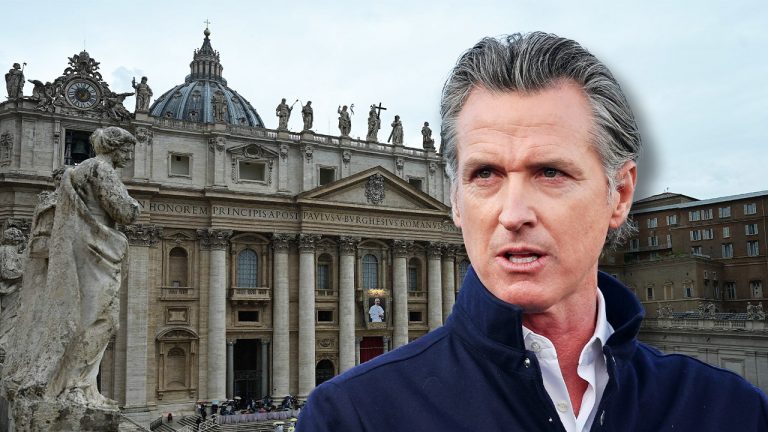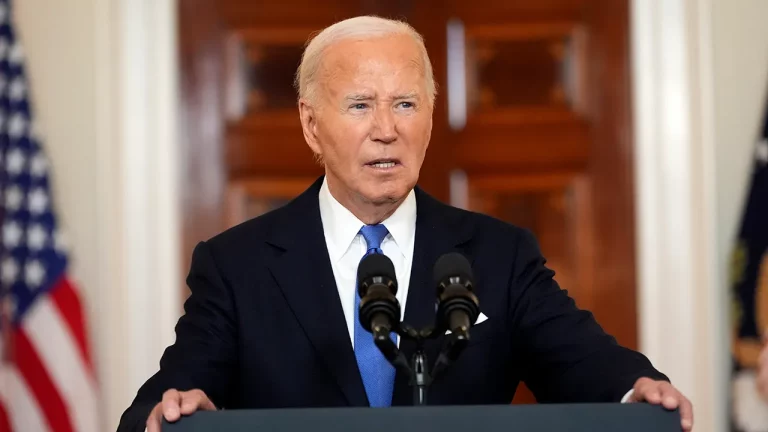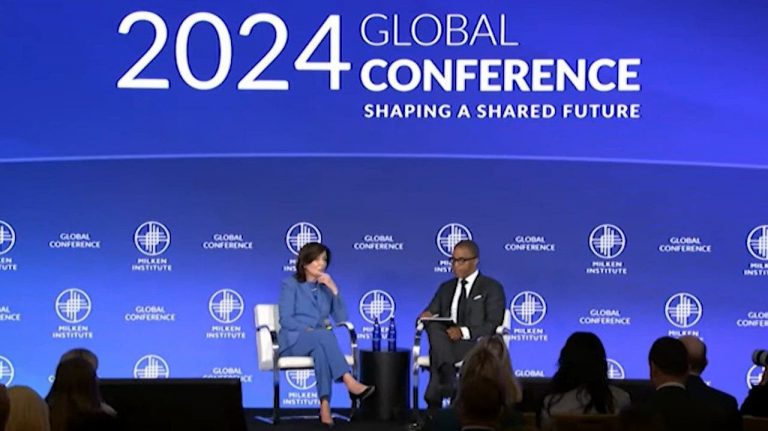Lawmakers criticize Paris Olympics for parodying Last Supper in opening ceremony
The 2024 Paris Olympics opening ceremony has sparked controversy and outrage among several U.S. and world lawmakers. The ceremony featured drag queens and artists reenacting the iconic Leonardo DaVinci painting, the Last Supper, depicting Jesus’ last meal with his apostles, in a manner that many considered disrespectful and offensive.
House Speaker Mike Johnson, R-La., condemned the ceremony, calling it a “mockery of the Last Supper” that was shocking and insulting to Christians worldwide. He emphasized the importance of upholding traditional values and faith in the face of such subversive displays.
Representative Marjorie Taylor Greene, R-Ga., also voiced her opposition to the opening ceremony, criticizing the French Olympic Committee for attempting to suppress videos of the event. Greene asserted that it is the right of individuals to share and express concerns about the anti-Christian aspects of the ceremony.
Italy’s Deputy Prime Minister Matteo Salvini joined the chorus of disapproval, lambasting the ceremony for disrespecting billions of Christians globally. He shared a picture juxtaposing the drag queens with the Last Supper, condemning the act as “seedy” and offensive.
Hungary’s ambassador to the Vatican, Eduard Habsburg, expressed incredulity at the ceremony’s portrayal of central Christian events and the beheading of Marie Antoinette. His remarks highlighted the inappropriate nature of the content featured in the Olympic opening ceremony.
Even non-lawmaker figures, such as Fox Nation host Piers Morgan, weighed in on the controversy. Morgan questioned the decision to depict a drag queen mockery of the Last Supper, suggesting that such actions would not have been tolerated if directed at other religions. He underscored the double standard and lack of sensitivity displayed in the ceremony.
The reactions from various lawmakers and public figures underscore the deep division and outrage sparked by the 2024 Paris Olympics opening ceremony. The clash between artistic expression and religious sensitivities has reignited debates about cultural respect, freedom of speech, and the boundaries of creative interpretation in global events.








